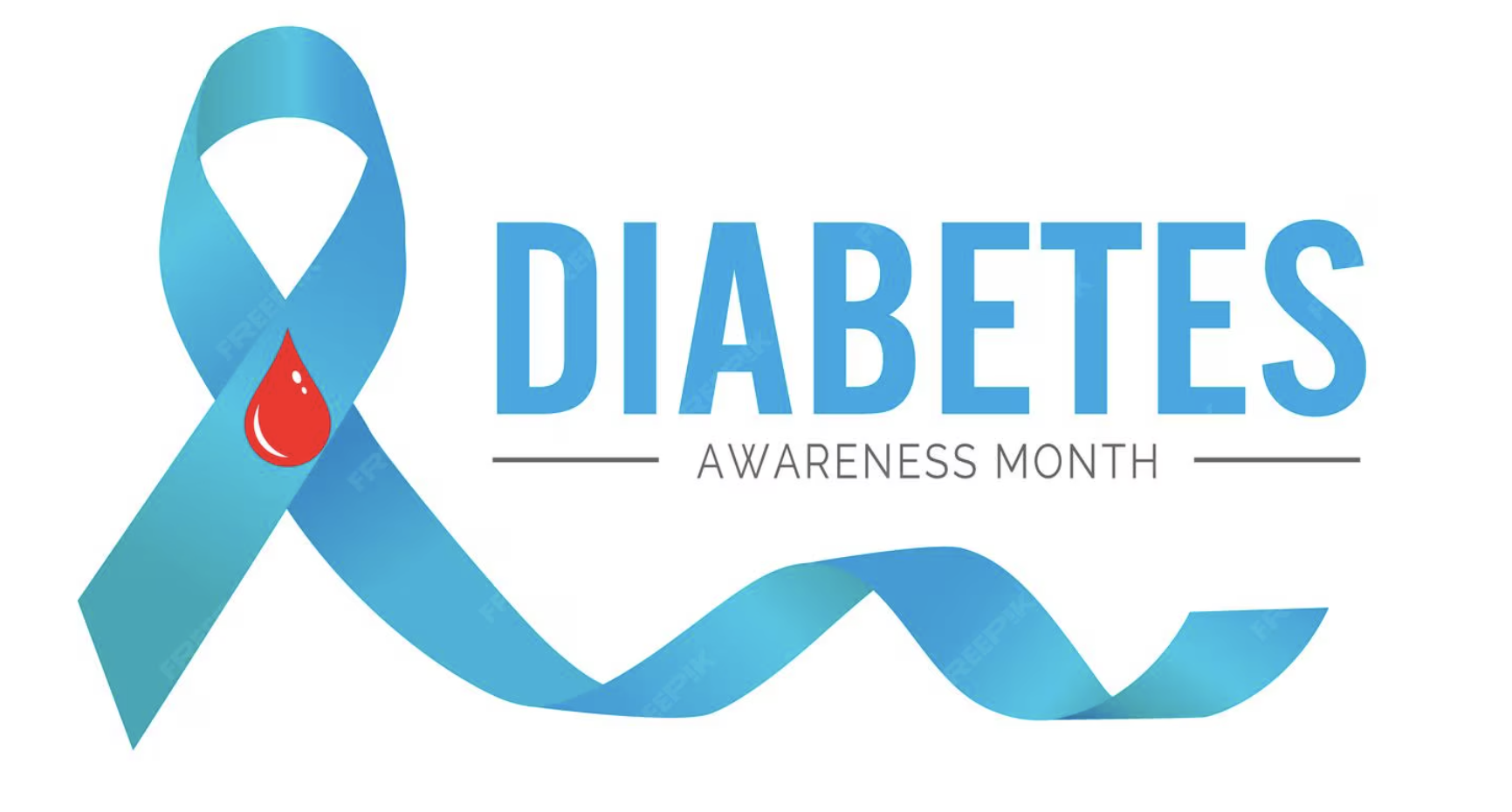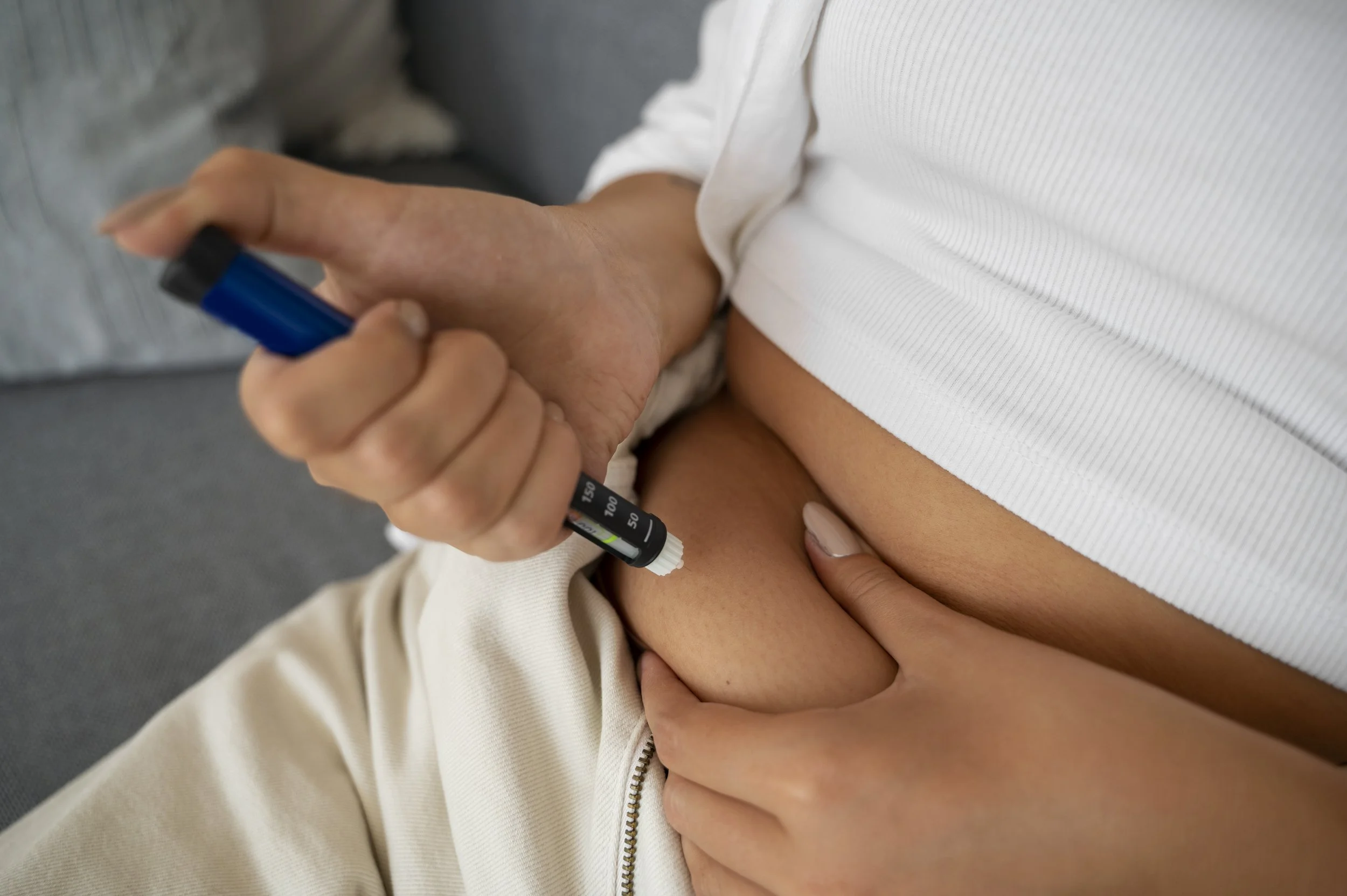Explore our featured news items here. Subscribe to stay informed of all information shared and published by DHC.
Sponsor appreciation:
You’re invited to explore and join Physician Factor, a knowledge exchange network is a dedicated portal for physicians seeking opportunities to contribute their expertise and input in exchange for compensation and supplemental income.
You can search articles using your own keywords or the following tags: Type 1 | Type 2 | Research | Drugs and Therapies

Pathophysiology of T1D: Small Islet Atrophy as a Harbinger of Clinical Onset
Recent findings from the UF Diabetes Institute suggest that the immune system preferentially targets the smallest beta cell clusters during the earliest, asymptomatic stages of Type 1 Diabetes. This size-dependent destruction pattern provides a histological basis for the rapid progression seen in pediatric patients and identifies a critical window for early immunotherapeutic intervention.

Prioritizing Prevention: A Focus on Well-Being for Diabetes Awareness Month 2025
November's Diabetes Awareness Month is a vital reminder that this condition is often preventable. Simple lifestyle adjustments, such as balancing breakfast, filling your plate with vegetables, and taking a short walk after meals, are powerful steps toward maintaining healthy blood sugar and overall well-being.

Breakthrough 'Smart Insulin' Offers Hope for Safer Type 1 Diabetes Management
New research from the IU School of Medicine has unveiled a "smart insulin" that combines insulin and glucagon into a single molecule, showing early promise in rats for better regulating blood sugar and significantly reducing dangerous lows (hypoglycemia) in Type 1 diabetes patients. This innovative hybrid protein works by mimicking the body's natural "smart switch" in the liver, signaling it to either lower or raise glucose levels as needed.

New Essential Medicines List Includes Key Diabetes Treatments
The World Health Organization has updated its list of essential medicines to include new treatments for diabetes and obesity, such as semaglutide and liraglutide, to make these life-changing medications more accessible. This move is a crucial step toward helping people with type 2 diabetes, especially those with heart or kidney conditions, manage their health and reduce complications.

Swap Your Fries: New Research Shows How to Reduce Your Type 2 Diabetes Risk
Eating French fries, but not other forms of potatoes, significantly increases your risk of developing type 2 diabetes. A new study from the Harvard T.H. Chan School of Public Health found that how a potato is prepared matters a great deal when it comes to your health.

HbA1c: Your Key to Understanding Average Blood Sugar
The Hemoglobin A1c (HbA1c) test offers a crucial look at your average blood sugar levels over the past three months, giving you and your doctor a much clearer picture than a single blood sugar reading. Understanding your HbA1c is essential for anyone managing diabetes, prediabetes, or assessing their risk for these conditions.

Plant Power: How Dietary Phytosterols Could Guard Against Heart Disease and Diabetes
New research indicates that a diet rich in phytosterols, found in plant-based foods, could significantly lower the risk of heart disease and type 2 diabetes. This study, encompassing over 200,000 adults, suggests that these plant compounds may work by improving insulin regulation, reducing inflammation, and positively influencing the gut microbiome.

Nurturing Mind and Body: Mental Health Awareness Month and Diabetes Support
Mental Health Awareness Month serves as a vital reminder that emotional well-being is deeply intertwined with the physical health of individuals living with diabetes. Recognizing and addressing the unique mental health challenges associated with diabetes management is crucial for fostering resilience and improving overall quality of life.

Diabetes Treatment: Tailoring Plans for Long-Term Success
Patient adherence is crucial in diabetes management, with nearly 40% stopping medication within a year; UVA Health experts advocate for personalized treatment plans that include lifestyle interventions and emerging technologies like continuous glucose monitors. Collaborative decision-making, where doctors and patients partner, ensures long-term success and improved health outcomes.

Mitochondrial Dysfunction: A Key Driver in Type 2 Diabetes Development and Potential Reversal
University of Michigan researchers discovered that damaged mitochondria in pancreatic β-cells trigger a stress response, halting insulin production and contributing to type 2 diabetes. Notably, they found that reversing this mitochondrial dysfunction with a drug restored the cells' ability to regulate glucose, offering a potential therapeutic avenue.

AI-Powered Algorithm Redefines Type 2 Diabetes, Offering Personalized Insights
AI is revolutionizing diabetes care by identifying distinct subtypes of the disease through continuous glucose monitor data, enabling personalized treatment plans. This accessible technology offers deeper insights into individual physiologies, empowering both patients and healthcare providers to combat the complexities of Type 2 diabetes more effectively.

University of Virginia and Tandem Diabetes Care Join Forces to Revolutionize Diabetes Management
The University of Virginia and Tandem Diabetes Care have partnered to develop advanced automated insulin delivery systems, combining UVA's expertise in diabetes technology with Tandem's strength in insulin delivery devices and data management. This collaboration aims to accelerate the development of "artificial pancreas" systems that continuously monitor blood glucose and automatically adjust insulin delivery, ultimately improving the lives of people with diabetes.

Can fasting improve diabetes outcomes? Ramadan offers insights
Discover how religious fasting reveals powerful yet fleeting health benefits, emphasizing the importance of consistent dietary strategies for managing type 2 diabetes.

Prediabetes Is on the Rise—But It Can Be Reversed
Prediabetes, which affects one in three Americans, is a warning sign that insulin resistance is developing and can lead to type 2 diabetes if left unmanaged. However, through lifestyle changes like weight loss, physical activity, and dietary adjustments, prediabetes can often be reversed, preventing the progression to more serious health complications

How Video Storytelling Interventions Can Improve Glycemic Control in T2D
In a recent study in JAMA Network Open, a video storytelling intervention showed promise for helping Hispanic patients with type 2 diabetes reduce their A1C.

Type 2 Diabetes and Brain Health: New Research Insights on Dementia Risk
Recent studies have shed new light on the relationship between type 2 diabetes and brain health issues such as dementia, as well as how lifestyle choices can influence these risks. The findings underscore the importance of maintaining stable blood sugar levels and adopting a healthy lifestyle to mitigate cognitive decline associated with diabetes.

Race and Social Vulnerability Impact Glycemic Control in People With Diabetes
People of color and those who experience social vulnerability are more likely to experience worse glycemic control than their white counterparts, according to research presented Sunday at ENDO 2024, the Endocrine Society’s annual meeting in Boston, Mass.

Study Shows How Night Shift Work Can Raise Risk of Diabetes, Obesity
Just a few days on a night shift schedule throws off protein rhythms related to blood glucose regulation, energy metabolism and inflammation, processes that can influence the development of chronic metabolic conditions. The finding, from a study led by scientists at Washington State University and the Pacific Northwest National Laboratory, provides new clues as to why night shift workers are more prone to diabetes, obesity and other metabolic disorders.

Experimental Type 1 Diabetes Drug Shelters Pancreas Cells from Immune System Attack
Researchers are studying an experimental Monoclonal Antibody drug in mice called mAB43, which targets insulin-making beta cells and shields them from attacks by immune system cells in type1 diabetes.

Should Doctors Screen All Kids for Type 1 Diabetes?
Millions worldwide live with type 1 diabetes, and for most the diagnosis came as a shock, following mysterious symptoms such as thirst and weight loss. But diabetes specialists have long known that certain blood tests can foretell the disease years earlier. That has left the field wrestling with a difficult question: Should healthy children get these blood tests, and would knowing about incipient diabetes help them? Early studies suggest antibody testing can prevent complications and delay disease, but some worry about psychological toll.

